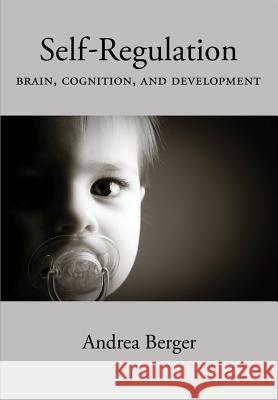Self-Regulation : Brain, Cognition, and Development » książka
Self-Regulation : Brain, Cognition, and Development
ISBN-13: 9781433809712 / Angielski / Twarda / 2011 / 225 str.
As humans, we self-regulate whenever we adapt our emotions and actions to situational requirements and to internalized social standards and norms. Self-regulation encompasses skills such as paying attention, inhibiting reflexive actions, and delaying gratification. We need self-regulation for navigating in the social world (e.g., when we inhibit revealing a secret, even though it is tempting to tell it), academic life (e.g., when we study for the test, even though we would prefer to watch our favorite TV show), and much more -- indeed, in every aspect of life. While both environmental and genetic factors have direct, long-lasting influences on an individual's ability to self-regulate, these factors also interact with each other in critical ways. On one hand, environmental factors such as parental attachment can shape the epigenetics and the expression of the individual genotype; on the other hand, gene variations may increase vulnerability to certain environmental pathogens. This book presents self-regulation as a crucial link between genetic predisposition, early experience, and later adult functioning in society. Individual chapters examine what self-regulation is, how it functions, how genetic and environmental factors influence its development, how it affects social and academic competence in childhood and adulthood, what pathologies can emerge if it is under-developed, and how it might be fostered in children. Part of the Human Brain Development Series, edited by Michael Posner, this book will appeal to developmental psychologists, developmental neuroscientists, educational psychologists, and educational practitioners interested in the link between brain sciences and education.











